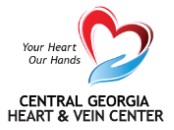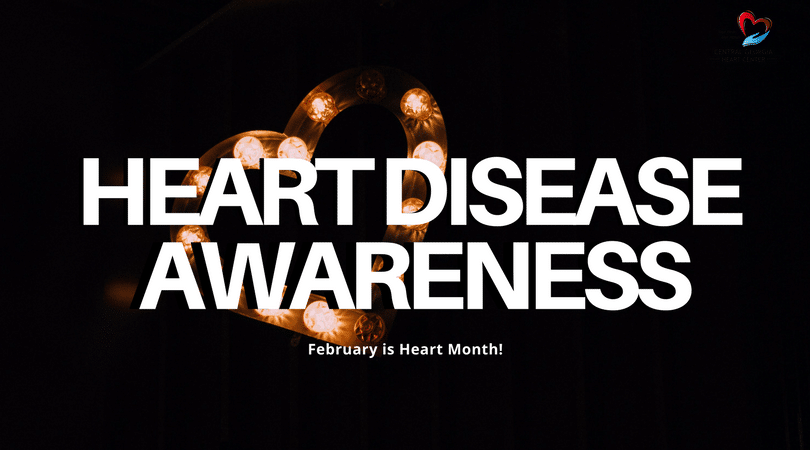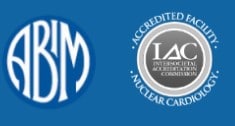February is heart disease awareness month and at Central Georgia Heart Center, we take heart disease very seriously. One of the most important parts of preventing heart disease is understanding how it presents and what causes it. Heart disease is a blanket term that covers any disease that affects the heart. This includes blood vessel diseases, irregular heartbeats, genetic conditions, and other chronic cardiovascular diseases.
What Causes Heart Disease?
Because your heart is a pump that distributes blood all around your body, it’s arguably the most important organ. Heart disease can be triggered by lifestyle, genetics, or a cardiac event like a heart attack or stroke. In the US leading causes of heart disease are as follows:
- Smoking: Use of tobacco and nicotine cause restriction of blood vessels and can result in heart attacks or atherosclerosis.
- Obesity: A diet low in healthy, whole foods combined with excess weight put you significantly more at risk for hyperlipidemia.
- Genetics: Your body may be predisposed to heart issues and other factors may trigger these genes.
- Alcohol, caffeine or drug abuse: Stimulants and depressants take a toll on your cardiovascular function. Avoid regular use.
- High amounts of stress: A high-stress life is a leading factor in high blood pressure.
- A lack of physical exertion or exercise: Exercise keeps our heart muscles strong.
- Diabetes: High glucose levels damage arteries.
- High Cholesterol: A buildup of plaque in the arteries can damage both blood flow and electrical function of the heart.
- Gender: Men are more likely to develop heart disease, but women are not far behind.
- Age: As we grow older, our risks increase.
What are types of heart disease?
Because heart disease is an umbrella term, it can relate to a variety of functions of your cardiovascular system. Here are a few of the most common types of heart disease.
- Atherosclerotic disease: This is a disease of the blood vessels. It can cause symptoms like chest pain, shortness of breath, jaw/neck/back pain, and numbness in extremities. If you experience these symptoms, please see a cardiologist because you may be at risk for a heart attack.
- Heart Arrhythmias: An abnormal heartbeat can be extremely concerning. Symptoms may include dizziness, fainting, weakness, fluttering in the chest, slow or fast heart beats, trouble catching your breath and chest pain.
- Heart Defects: These are sometimes harder to catch but a genetic heart defect needs to be detected and treated. Symptoms can include pale gray skin, swelling in legs/abdomen/eyes/ankles, fever, weakness, shortness of breath, and a persistent cough.
- Dilated Cardiomyopathy: This is when the muscle tissue of the heart is damaged or weakened. Symptoms may include dizziness, fainting, chest pain, pain in extremities, swelling, and irregular heartbeats.
Stay tuned this month for more information on heart disease and how it may affect you. It’s important to get annual screenings for heart disease symptoms. You can do so by making an appointment with your cardiologist.





